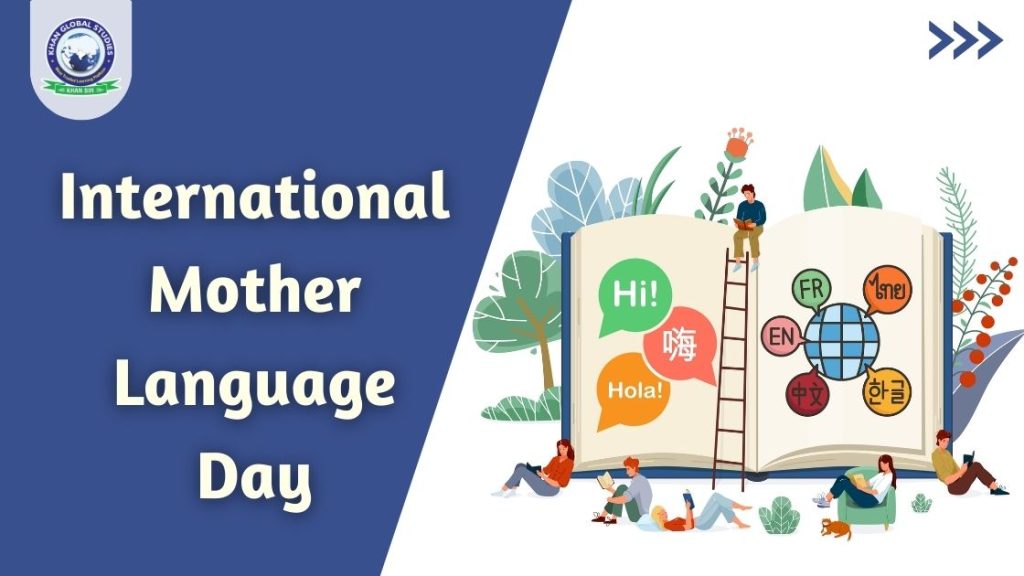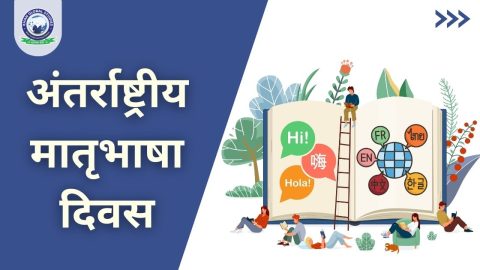Language is the thread that binds everyone together. To strengthen this bond, International Mother Language Day is celebrated every year on the 21st of February.
Language plays an important role in human life. Through language, one person exchanges ideas with another person. Different languages are spoken in many countries, states, towns, and regions around the world. At some places the style of religious language is different and at some places the tone of the conversation is different. But despite this, every language is the most important medium to communicate with people. Language is the thread that binds everyone together. International Mother Language Day is celebrated every year on the 21st of February to strengthen this bond.
About International Mother Language Day
International Mother Language Day is celebrated every year on 21 February. It was started by UNESCO on 17 November 1999 and was first celebrated as International Mother Language Day on 21 February in the year 2000. This day is celebrated all over the world to promote the love, preservation and conservation of languages among people.
History of International Mother Language Day
In fact, on 21st Feb 1952, students of Dhaka University and some social workers organized a protest to maintain the existence of their mother tongue. The protest soon turned into a massacre when the police of the then-Pakistan government opened fire on the protesters. 16 people lost their lives in this incident. In 1999, UNESCO announced to celebration of International Mother Language Day for the first time in memory of those martyred in this big language movement. It can be said that International Mother Language Day is celebrated in the world today because of the love of Bengali speakers for their mother tongue.
Culture and Civilization are reflected in Languages
Different languages are spoken by different castes, religions, sects and in different places around the world. Behind these differences, there is unity and equality that binds everyone together. Language is the mirror in which a person’s culture and civilization are reflected. International Mother Language Day is celebrated to raise awareness about cultural diversity and the importance of different languages so that people not only develop a love for their own and others’ languages but also gain knowledge about different mother tongues. Different languages connect different cultures. Due to this the personality of the person communicating develops.
Importance of Mother Tongues
Mother tongues are the languages that people learn from their parents or caregivers in childhood. These are usually the first languages that people speak and which they use to communicate with their family and community. Mother tongues are important for many reasons.
- First, they are an essential part of one’s identity, as they reflect one’s culture, values, and worldview.
- Second, they are important for cognitive development, as they enable the individual to receive and process information, express thoughts and feelings, and develop critical thinking and creativity.
- Third, they have a positive impact on education and society, as they facilitate learning, communication and participation in different areas of life.
Theme of International Mother Language Day 2024
The theme of International Mother Language Day 2024 is “Multilingual education is a pillar of intergenerational learning”. The theme highlights the importance of multilingual education in promoting intergenerational education, which is the process of exchanging knowledge, skills, values and experiences between different generations. The benefits of multilingual education for intergenerational education are manifold, such as:
- It helps to preserve and revive endangered languages and cultures by transferring them from elders to younger generations.
- It enhances the cognitive and social development of learners by exposing them to multiple perspectives and ways of thinking.
- It promotes inclusion and participation of learners from diverse backgrounds, by respecting and valuing their linguistic and cultural identities.
- It contributes to the achievement of the Sustainable Development Goals by addressing the challenges of poverty, inequality, climate change and peace.
Conclusion
International Mother Language Day is an important occasion to celebrate and promote linguistic and cultural diversity and multilingualism in the world. This day reminds us of the importance of mother tongues for our identity, cognition, education and society as well as the history of the language movement that inspired this day.





